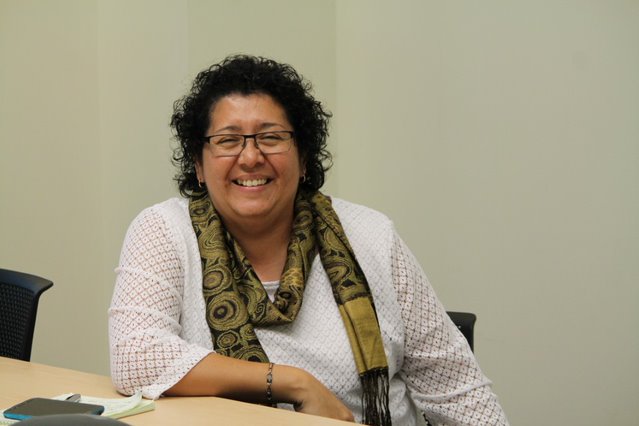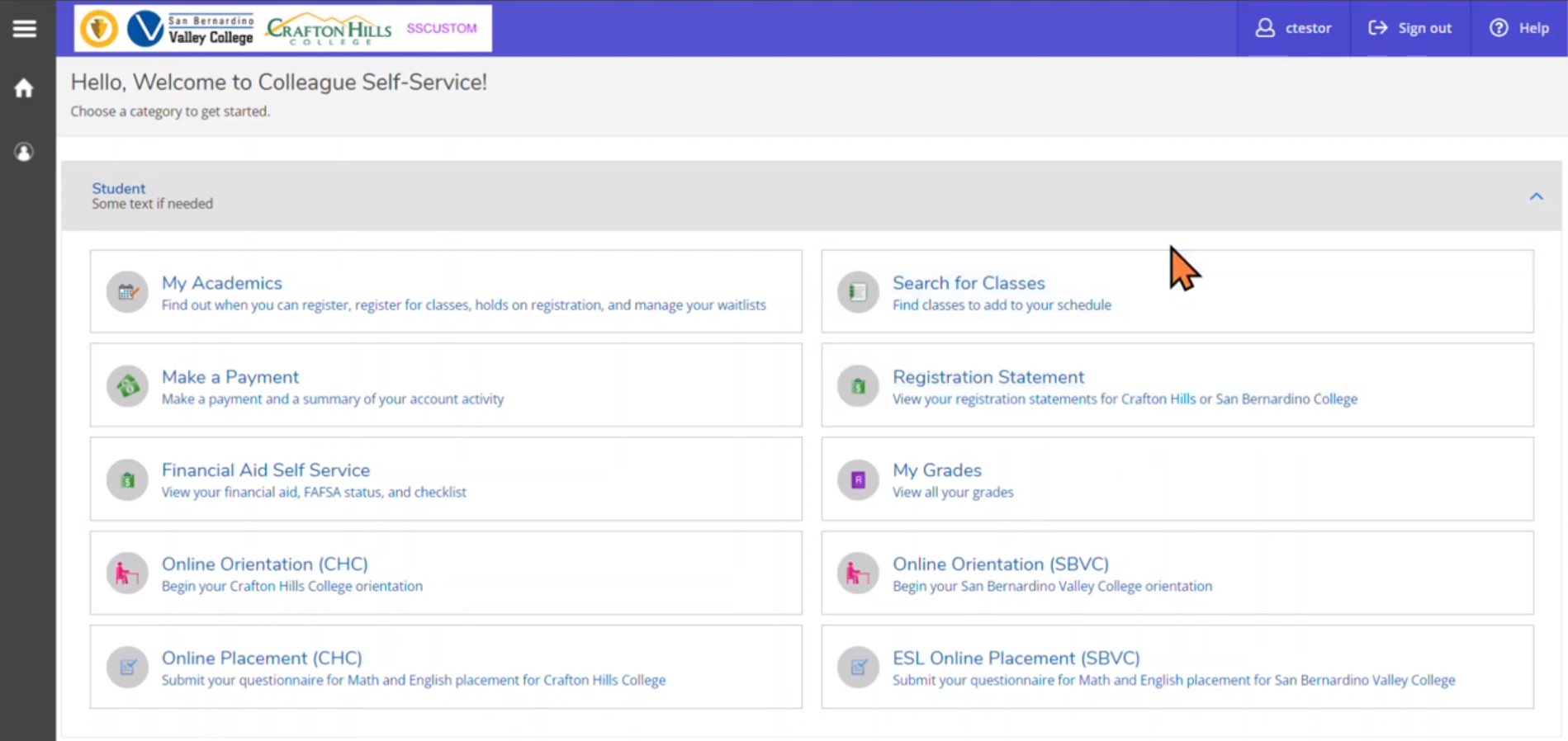Regional Adult Education Programs Helps 1,600 ESL Students Transition to SBVC
 When English as a Second Language students are ready to make the transition from adult
education sites to San Bernardino Valley College, they are not alone — a team of counselors
is there to help them every step of the way as they navigate applying for financial
aid, selecting classes, and choosing courses of study.
When English as a Second Language students are ready to make the transition from adult
education sites to San Bernardino Valley College, they are not alone — a team of counselors
is there to help them every step of the way as they navigate applying for financial
aid, selecting classes, and choosing courses of study.
Pete Gonzalez and Maria Lopez are counselors with the California Adult Education Program,
and in addition to helping students with the college process, they also provide information
on off-campus programs that offer employment, housing, and food assistance. The counselors
have found that for ESL learners, most are motivated to improve their language skills
so they can find employment or receive promotions at their current workplace.
"Many of our students have been working for many years in the U.S. with little to
no opportunities to advance and make more than minimum wage," Gonzalez said. "They
understand that by increasing their English fluency it will allow them the opportunities
to move into a supervisory or management role. Increasing English fluency will also
allow them to continue their studies as they look to complete CTE certificates and
or possibly a degree program."
Last year, Gonzalez and Lopez helped more than 1,600 ESL students in the Inland Empire
make the transition from adult education sites to San Bernardino Valley College. This
major accomplishment was made possible by an initiative first funded by AB86 in 2013,
which restructured adult education in California. Before this, there was no one at
the local adult education sites helping students make the leap over to a community
college.
AB86 provided $25 million dollars to consortia across California, and their leaders
were tasked with developing regional plans to improve and expand adult education.
SBVC is part of the Inland Adult Education Consortium (IAEC), and its members include
the Colton Joint Unified School District, Redlands Unified School District, Rialto
Unified School District, San Bernardino City Unified School District, Yucaipa-Calimesa
Joint Unified School District, Crafton Hills College, and the San Bernardino Superintendent
of Schools.
New legislation, AB104, was introduced in 2016 to fund the consortia, and there are
seven program areas and seven objectives that they are focusing on: ESL is the largest,
both in terms of offerings and enrollment. For the 2019-2020 school year, there were
8,341 students enrolled in all adult ed programs with 41 percent enrolled in ESL,
representing native Spanish, Arabic, Vietnamese, Russian, Chinese, Korean, and Portuguese
speakers. More than half were between the ages of 22 and 49 years old and nearly 75
percent identified as Hispanic or Latino.
"San Bernardino represents a diverse community," Dr. Emma Diaz, Adult Education Program
Director, said. "At the adult education sites and community colleges, there are people
from 18 up to 70 years old, mixed in the same classroom. One of the biggest challenges
is just understanding the adults who are all in different places in their lives. There
are diverse needs, and no story is the same — they all have different experiences
and come from different academic levels."
One of the seven objectives of AB104 is seamless transition, and the IAEC was a pioneer
in the state by hiring Lopez and Gonzalez to specifically work on moving adult education
students over to SBVC and CHC once they completed their high school diploma or equivalent.
"Most of the students Maria and Pete work with do seek them out for their bilingual
ability," Diaz said. "Workshops are offered both in a bilingual setting and in Spanish
to accommodate students still enrolled in ESL and interested in planning to transition
to the college."
Taking ESL courses is a transformational experience for students, and Diaz said it's
"amazing" to see how confident and inspired people become after enrolling — some have
shared with her that because of their improved English skills, they now have higher-paying
jobs, while others can speak with their doctors one-on-one and no longer need an interpreter.
"Some students came to the adult education site because they wanted to be able to
talk to their children's teachers," Diaz said. "Children are a huge motivation for
them. They are their role models, and feel like, if I keep telling my son or daughter
to go to college, I can go to college, too. On a grander level, language is what connects
you to your community, and allows you to participate."
Gonzalez and Lopez are also helping break down cultural, gender, and socioeconomic
barriers. Some students have been told women can't choose certain careers, like engineering,
or college is out of reach for immigrants because it is too expensive.
"This population is really eager to participate, and willing to do the work and be
outside of their comfort zone," Diaz said. "I can only imagine how intimidating it
is to step on the campus of Valley College. I've been able to speak with them and
see the excitement in them, and I love that Valley is embracing them and bringing
them in so they can have this new opportunity in their life."
Once the ESL students move from adult education sites to SBVC, they are able to benefit
from on-campus programs like CalWORKs and Disability Services and the Writing Center.
There are ESL courses they can take for credit or non-credit, and assessment tools
determine their level of English proficiency so they can be placed in the appropriate
classes.
Dr. Dirkson Lee, an English and ESL professor at Valley College, said he often sees
students undergo a "change in dynamic and mindset" when they transition from an adult
education site to SBVC.
"Now they can see that with their previously gained English skills, maybe they can
go into culinary arts or become a teacher's aide," he said. "Degrees and certificates
are no longer out of their reach anymore. They can help their kids at home and understand
the community better."
SBVC's ESL program is also reaching out to local parents by offering noncredit classes
at Urbita Elementary School, down the street from the college. After parents drop
their kids off, they attend their own ESL class, without having to worry about finding
day care. It's all about accessibility, Lee said, and the goal is to bring this opportunity
to other elementary schools across the Inland Empire.
"ESL students are very serious about education — they have to be to get the skills
to move forward in society," Dr. Paula Ferri-Milligan, chair of the English Department,
said. "They are hard workers and good students who know the value of an education.
The English language is difficult and I have such a respect for these students."
To further improve the ESL experience, next semester, SBVC's ESL classes will be conducted
synchronously, with an instructor talking to students while the course is being given.
For students who had been apprehensive about taking courses amid the pandemic, "they
don't have to worry, as the instructor will be there guiding through the course,"
Lee said.
There is no universal experience for an ESL student, and Gonzalez said he takes "great
pride" in the Adult Education Program's ability to create different pathways for students
who are ready to continue their studies in college.
"Most of our students have been in the workforce and have experienced first-hand the
limitations of not having a high school diploma or equivalency," he said. "That was
their driving force for returning to school. Our goal is to capitalize on that motivation
and highlight the benefits of continuing their education at SBVC. In completing a
certificate program or a degree our students will have new opportunities to advance
both personally and professionally. This is positive not only for the student and
their families but for our community as well."
These students may face numerous hurdles, but those barriers are not stopping them
from putting in the time and effort necessary to develop their language skills.
"They understand that becoming proficient with the English language will open new
doors and opportunities for them and their families," Gonzalez said. "That is why
the work that we do as academic counselors is so important; we are here to create
seamless transitions for our students to be able to advance from the adult schools
to college. In doing so, we remove some of the obstacles that they may face and ensure
that they are successful in their academic endeavors."


